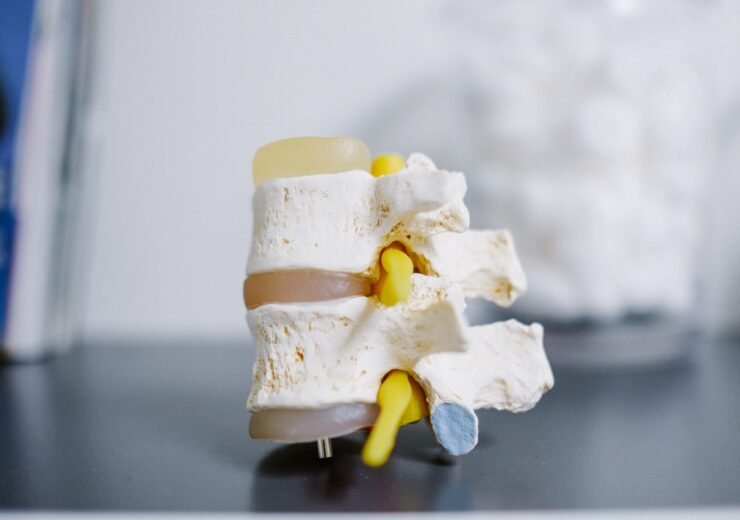The expanded clearance has been granted for creating patient-specific anatomic models for neurological, cardiovascular, gastrointestinal, genitourinary, and breast applications

RICOH 3D for Healthcare designs, develops, and produces 3D-printed anatomic models. (Credit: Kenny Eliason on Unsplash)
Japan-based Ricoh’s subsidiary Ricoh USA announced that its RICOH 3D for Healthcare has secured 510(k) clearance from the US Food and Drug Administration (FDA) for additional areas of patient-specific anatomic modelling for diagnostic use.
The expanded clearance has been granted to cover neurological, cardiovascular, gastrointestinal, genitourinary, and breast applications.
RICOH 3D for Healthcare is a HIPAA-compliant, ISO 13485-certified 3D medical manufacturing centre. It designs, develops, and produces 3D-printed anatomic models.
The latest clearance will enable Ricoh to support more surgical specialities and patient diagnoses. Using Stratasys 3D printing technology and materials, the firm will now print diagnostic quality 3D models of bony and soft tissue.
In June 2022, Ricoh received FDA 510(k) clearance for its craniomaxillofacial (CMF) and orthopaedic patient-specific anatomic modelling.
Ricoh USA North America additive manufacturing managing director Gary Turner said: “Receiving the expanded 510(k) clearance for anatomic modelling of soft tissue is an exciting milestone for Ricoh as we continue to lead the way in offering democratised access to patient-specific 3D-printed models in healthcare.
“As a manufacturer of precision additive medical devices, Ricoh offers one of the broadest scopes of FDA-cleared 3D models for anatomic regions and a wide range of print materials available for diagnostic use – which combine to improve outcomes, enhance the patient experience and increase opportunities for physician education and training.”
Ricoh’s end-to-end workflow solution integrates with Merge Universal Viewer (formerly IBM iConnect Access), which is an enterprise imaging solution from Merative (formerly IBM Watson Health).
The company said that the integrated platform is utilised in various hospitals in the US, making it easy to fit into a provider’s current workflow. This allows providers to request 3D-printed anatomic models using Ricoh’s centralised print-and-ship solution for delivery in the same week.
There is also the option to manufacture the models at the firm’s point-of-care production plant onsite at the healthcare facility for next-day delivery.
Ricoh 3D for Healthcare is engaged in the production of anatomic models through additive manufacturing. It uses segmented 3D print files generated from medical images in applications cleared by the FDA.
